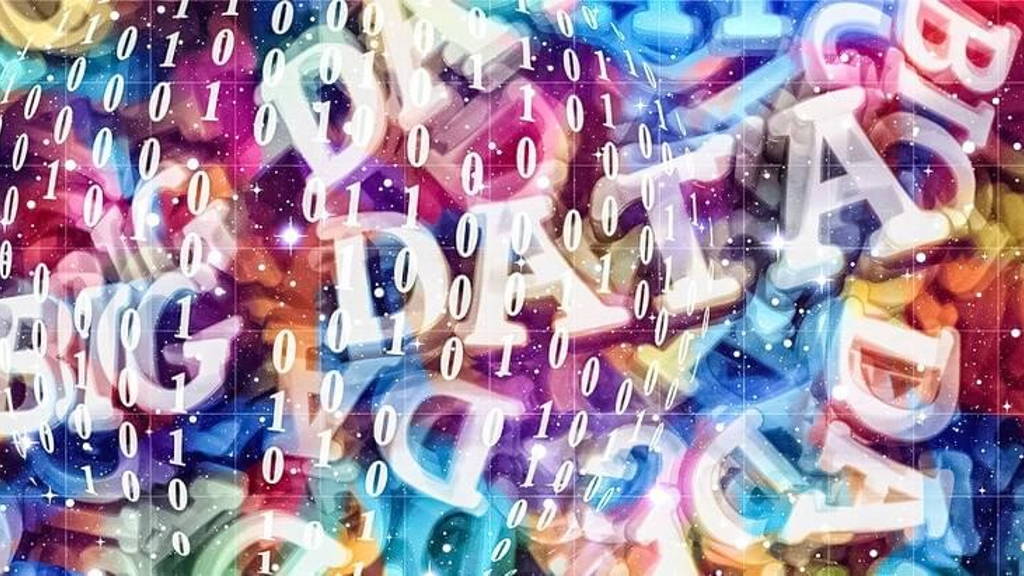As long as medical data is not available publicly, it won’t happen any time soon, writes Mohit Kaushal who is an Visiting Scholar in Economic Studies at the Center for Health Care Policy, working with the Richard Merkin Initiative for Payment Reform and Clinical Leadership. 'Data that could and should be used to aquire better insights into how to cure people or prevent them fro getting ill in the first place, is fragmented among stakeholders like insurance companies, care providers, government agencies and scientists'.
Despite the technological integration seen in banking and other industries, health care data in the US has remained scattered and inaccessible, Kaushal writes. EHRs remain fragmented among 861 distinct ambulatory vendors and 277 inpatient vendors (2013 figures). The same goes for health related Insurance data and information about public health—including information about the social determinants of health, such as housing, food security, safety, and education. These seperate silo’s share no form of interconnection.
For this reason, many are reconsidering if health care data is a public good, provided to all members of the public without profit. An idea that has been proposed before, by the Institute of Medicine:
“A significant challenge to progress resides in the barriers and restrictions that derive from the treatment of medical care data as a proprietary commodity by the organizations involved. Even clinical research and medical care data developed with public funds are often not available for broader analysis and insights. Broader access and use of healthcare data for new insights require not only fostering data system reliability and interoperability but also addressing the matter of individual data ownership and the extent to which data central to progress in health and health care should constitute a public good.”
Both the Institute and Kaushal state the above mentioned barriers are a formidable obstacle in using combined health data from different sources to get better insights and to stimulate innovations aimed at improving healthcare and prevention or to empower patients.
However, there are movements visible that show consumers, companies, government agencies et cetera wish to reduce barriers. Government agencies are working on a more interoperable infrastructure to improve access to health data. A growing number of EHR companies have recently eliminated record-transfer fees and wish to improve. It is, says Kaushal, a start.
Despite the technological integration seen in banking and other industries, health care data in the US has remained scattered and inaccessible, Kaushal writes. EHRs remain fragmented among 861 distinct ambulatory vendors and 277 inpatient vendors (2013 figures). The same goes for health related Insurance data and information about public health—including information about the social determinants of health, such as housing, food security, safety, and education. These seperate silo’s share no form of interconnection.
For this reason, many are reconsidering if health care data is a public good, provided to all members of the public without profit. An idea that has been proposed before, by the Institute of Medicine:
“A significant challenge to progress resides in the barriers and restrictions that derive from the treatment of medical care data as a proprietary commodity by the organizations involved. Even clinical research and medical care data developed with public funds are often not available for broader analysis and insights. Broader access and use of healthcare data for new insights require not only fostering data system reliability and interoperability but also addressing the matter of individual data ownership and the extent to which data central to progress in health and health care should constitute a public good.”
Both the Institute and Kaushal state the above mentioned barriers are a formidable obstacle in using combined health data from different sources to get better insights and to stimulate innovations aimed at improving healthcare and prevention or to empower patients.
However, there are movements visible that show consumers, companies, government agencies et cetera wish to reduce barriers. Government agencies are working on a more interoperable infrastructure to improve access to health data. A growing number of EHR companies have recently eliminated record-transfer fees and wish to improve. It is, says Kaushal, a start.






